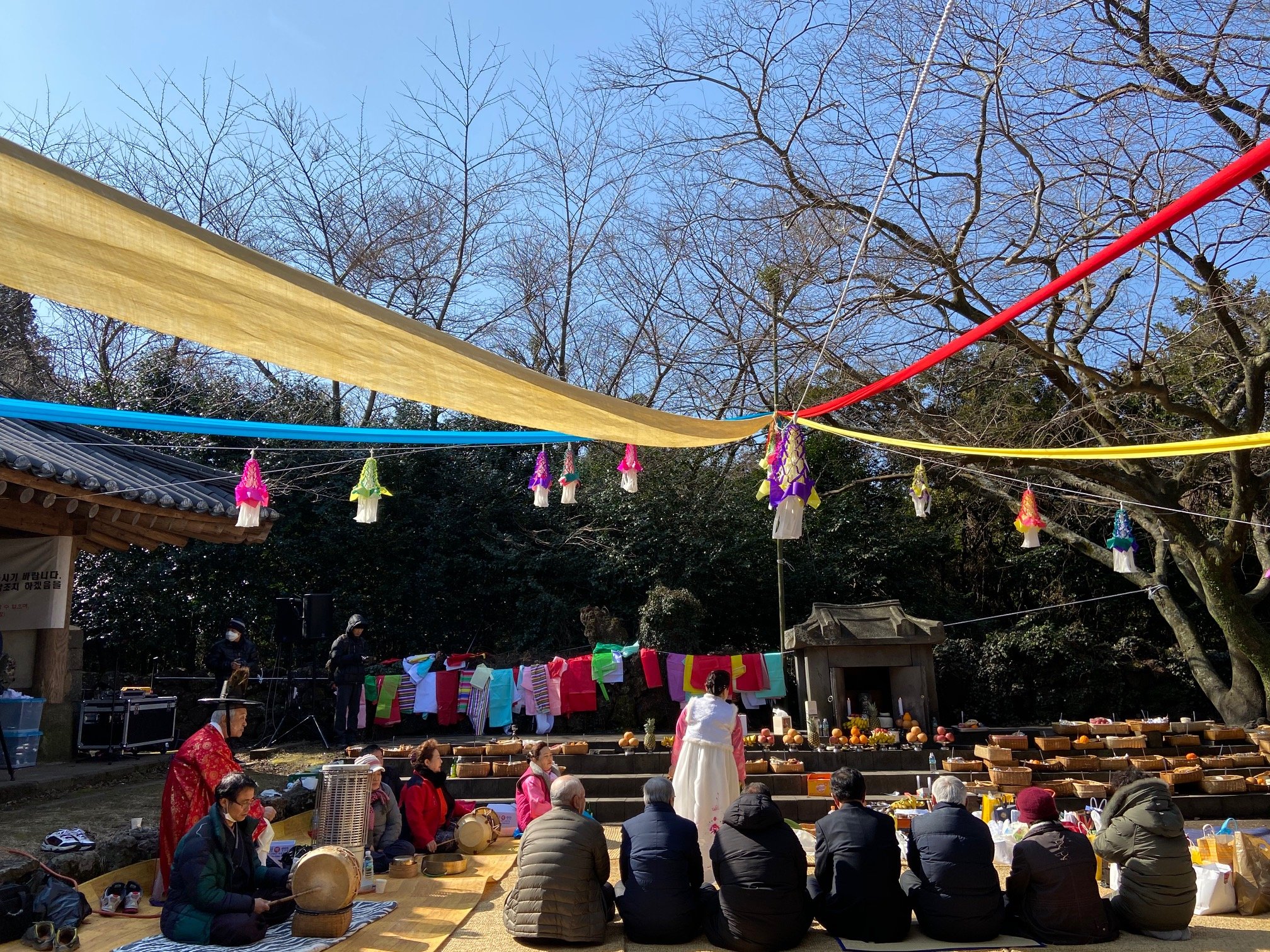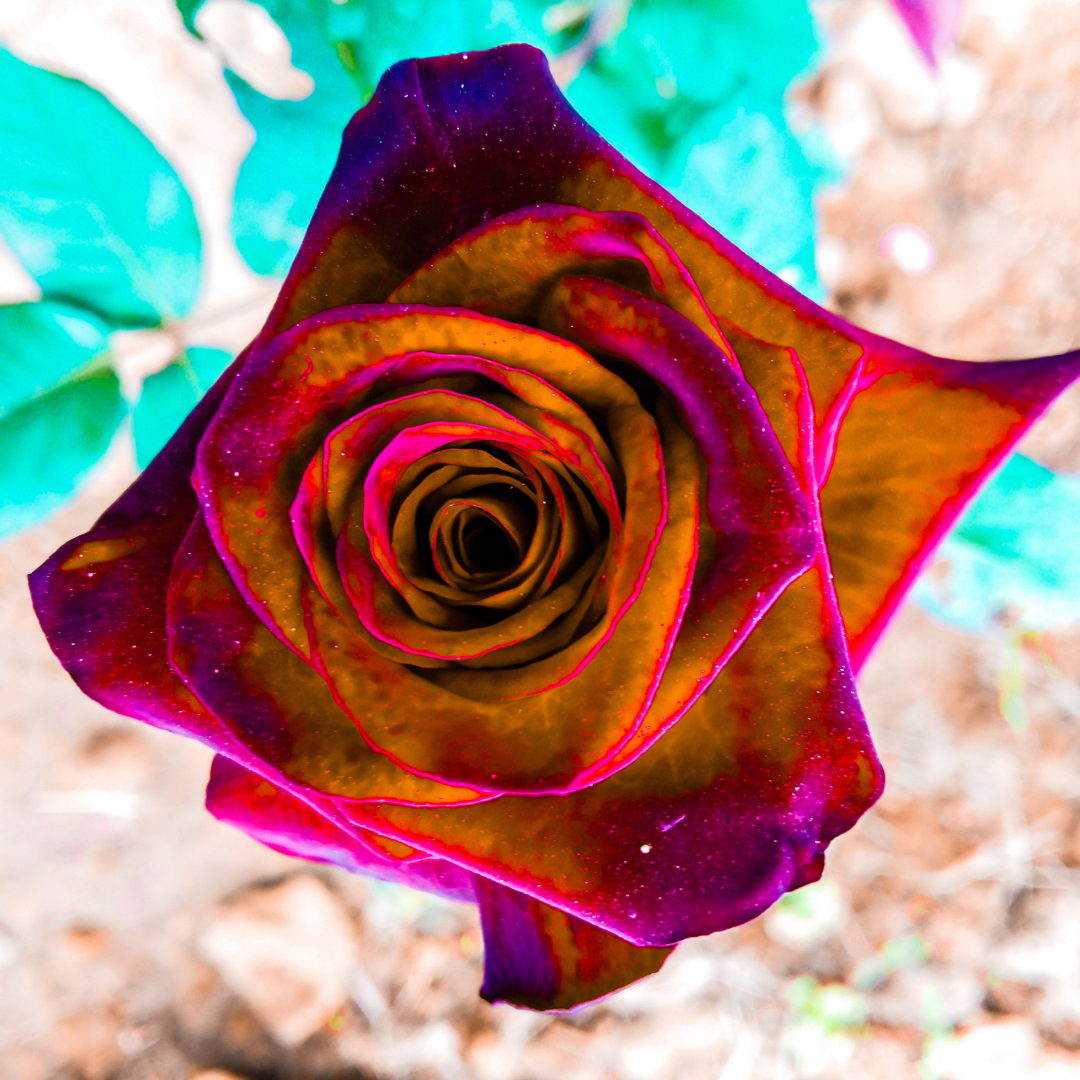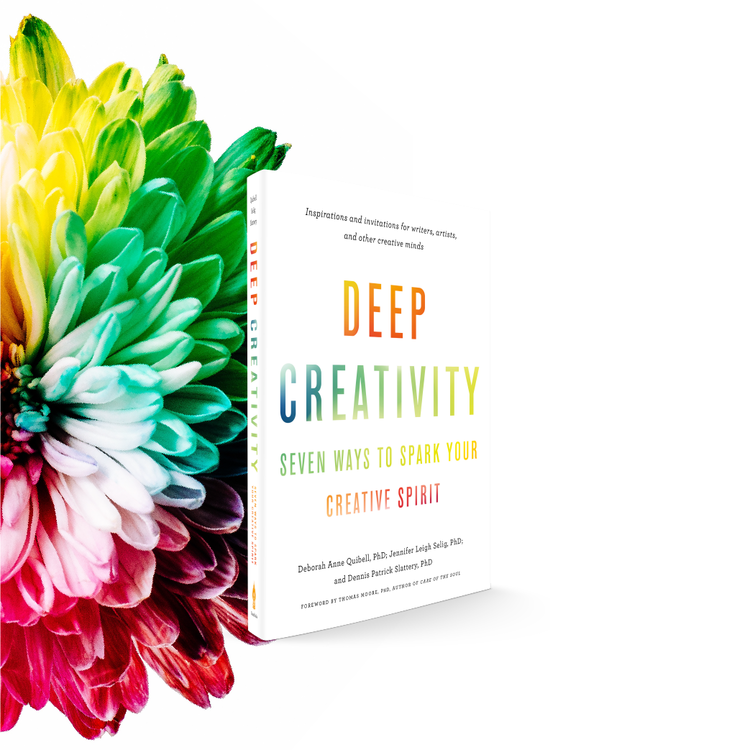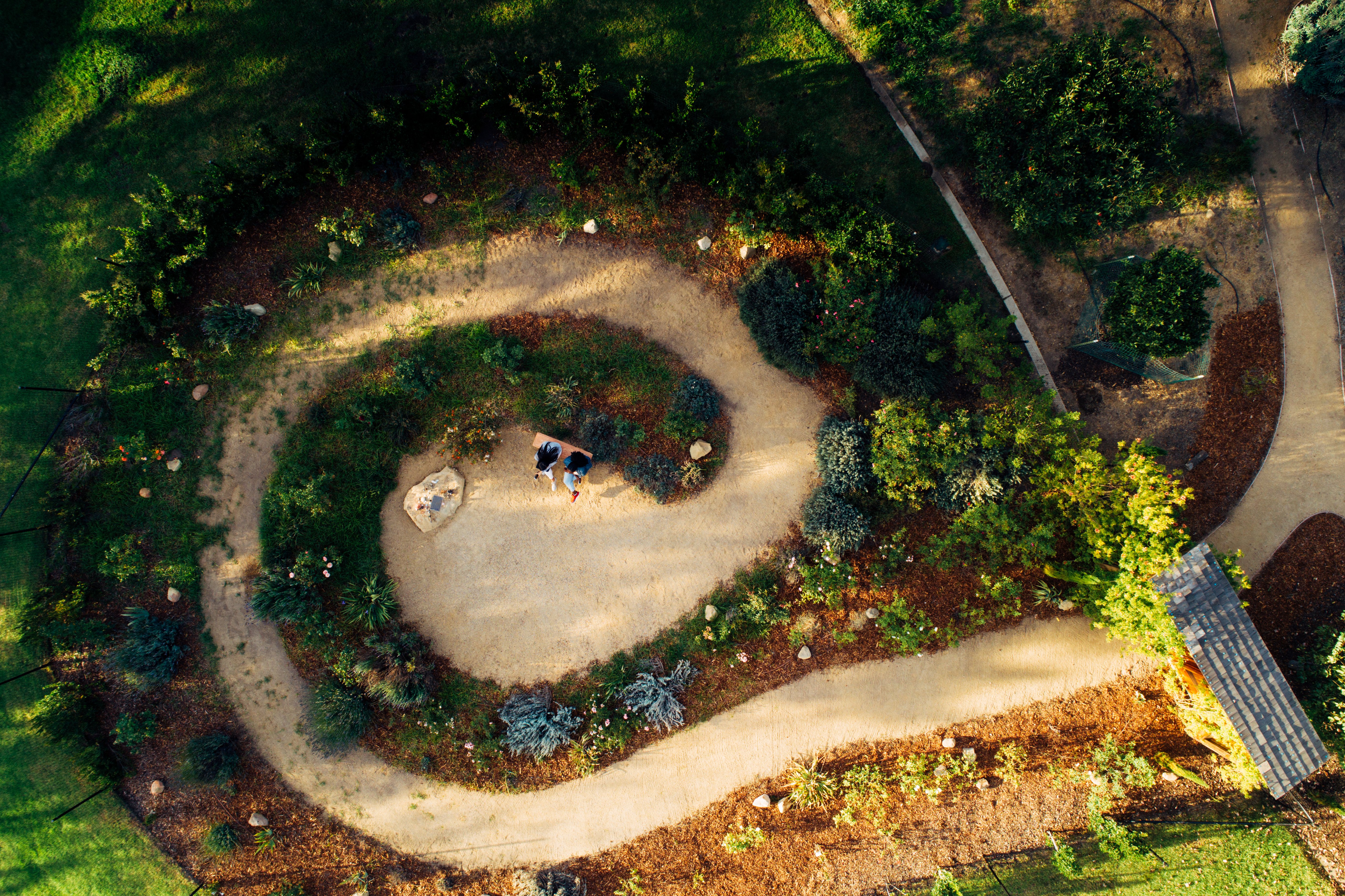Christopher M. Bache, Ph.D. is an accomplished teacher as well as researcher in “the philosophical implications of non-ordinary states of consciousness, particularly psychedelic states.” He will be the keynote speaker of the upcoming Pacifica Conference, “Accessing the ineffable: Depth Psychology, Religious Experience, and the Further Reaches of Consciousness,” on June 19, 2021. Click here for more information. I’m delighted to find out more about his research and the conference.
Angela: The title of the workshop is “Accessing the Ineffable.” And your talk will be on “LSD and the Mind of the Universe: The Challenges and Blessings of an Extreme Psychedelic Journey.” How has LSD helped you to access the ineffable, or as you say in the book, allowed you to journey “into a unified field of consciousness that underlies all physical existence”? How did you first get involved, and are you glad you took the trip?
Chris: Yes, I’m very glad I took this journey, though I also want to say that it was the most demanding undertaking of my life.
I began my psychedelic work in 1979 when I was 30 years old. I was just out of graduate school from Brown University where I had trained as a philosopher of religion, finishing my studies as an atheistically-inclined agnostic. I was looking for where to take my research next when I read Stan Grof’s Realms of the Human Unconscious. I immediately saw the relevance of his work to the core questions I had been trained to pursue as a philosopher–whether life has meaning or purpose, whether human beings survive death, and whether there is a conscious intelligence operating in the universe. I saw that with the advent of psychedelics, the deepest contributions to my discipline would be made by persons writing out of an experiential basis, not just an intellectual basis, and I felt a deep calling to do this work. (My Saturn Return marked a number of seminal transitions in my life: from student to professor, from book learning to experiential learning, from agnosticism to psychedelic initiation.)
Read More
Posted in:
Connecting Cultures,
Pacifica Events,
soul,
depth psychology,
meditation,
The Retreat at Pacifica
Professor William Barnard, Ph.D. will be giving a talk on “The Religious Use of Psychedelics: The Santo Daime” in the upcoming Pacifica conference “Accessing the Ineffable: Depth Psychology, Religious Experience, and the Further Reaches of Consciousness” on June 19, 2021. This conference will bring together an eclectic group of scholars to investigate to mysterious elements at the foundation of Jungian depth psychology – “consciousness” and the expansive potentialities of a non-local “unconscious.” For more information on this event, please click here. [https://retreat.pacifica.edu/accessing-the-ineffable/] I was delighted to spend time talking with Bill and learning more about his research and experiences.
Angela: You are a professor of religious studies, and will be presenting a talk on the use of psychedelics in religion, in particular, the Santo Daime, which you describe as “a relatively new religion that emerged out of the Amazon rainforest region of Brazil in the middle of the twentieth century and which now has churches throughout the world; a religion in which a psychedelic brew – ayahuasca – is taken as a sacrament.” For those who are not familiar with ayahuasca, can you tell us the basics of where it comes from, what it is, and how the experience of ingesting would lead people to consider it a sacrament?
Read More
Posted in:
Connecting Cultures,
Pacifica Events,
soul,
depth psychology,
meditation,
The Retreat at Pacifica
Heesun Kim is a bright presence in our Ph.D. program for Integrative Therapy and Healing Practices, where her studies focus “on exploring the critical connections between psychology, spirituality, and holistic healing practices.” She has recently been honored as a semi-finalist in the Fulbright program. Many alumni of the program have gone on to become winners of the Nobel Prize and Pulitzer Prize, as well as serving as heads of state. Heesun’s proposal is titled “Jeju Shamanism: Healing Intergenerational Trauma through Collective Mourning” and I’m delighted to discuss it with her.
Angela: Heesun, thank you so much for talking with me. You’ve said that your Fulbright project, if accepted, would “focus on how Jeju shamanism addresses intergenerational trauma and collective mourning as a community healing practice.” Please tell us a little bit about Jeju shamanism and how it intersects with your own family history in Korea. Is it a topic you found during your studies at Pacifica or is it something you’ve been aware of for a long while?
Heesun: Thank you for inviting me, Angela. Jeju is a beautiful island located in the southern part of South Korea. Unlike most of the mainland Korean regions, which have nearly lost their shamanic tradition due to rapid industrialization and western influences, Jeju Island still preserves the shamanic tradition through myths, folksongs, and oral traditions in rituals. The island has a tragic history of a massacre between 1948 and 1954; approximately 30,000 civilians were killed when Korean authorities and right-wing vigilantes, with the US military's compliance and oversight, brutally suppressed a popular uprising.
Read More
Posted in:
Connecting Cultures,
Pacifica Events,
creativity,
soul,
depth psychology
Deep Creativity: A Video Interview with Deborah Anne Quibell, Ph.D.
By Angela Borda
“Along the creative’s path, the smallest of things demand our gasp, our loving attention, our fixed gaze, and our compassionate noticing. To gasp is to take in or breathe in the world around us. In depth psychological language this is known as the primary, aesthetic response of the heart.”
— Deborah, Deep Creativity
In the process of writing the book, we realized we were fleshing out new ways of looking at creativity, new lenses informed by our mutual backgrounds in depth psychology. We compiled these lenses into “The Fifteen Principles of Deep Creativity.”
We chose the word principles to suggest our fundamental thoughts, the underpinnings of the union of depth psychology and creativity.
These are themes rather than definitions; these are convictions rather than truths; these are perspectives rather than facts. They are the way we see the creative world and our place within it, and we offer that vision to you. Take a look at what Deborah has to say about Deep Creativity in her videos below.
Read More
Posted in:
Pacifica Events,
creativity,
art,
soul,
depth psychology
Deep Creativity: An Interview with Jennifer Leigh Selig
By Angela Borda
Jennifer is a prolific writer with three screenplays and twenty-two books she has been involved with. Passionate about travel and photography, she is the co-author of Deep Creativity: Seven Ways to Spark Your Creative Spirit and will be co-presenting the Pacifica workshop of the same name with Pacifica scholars Deborah Anne Quibell and Dennis Slattery on March 5–7, 2021. She and Deborah Anne Quibell will also teach a three-month intensive March 8–May 31, 2021. Visit us for more information here. I was delighted to speak with Jennifer, as she is exemplary of Pacifica’s deep-thinking and inquiring spirit.
Angela: What teaching dynamic do you share with Dennis and Deborah and what kind of atmosphere and interaction can participants look forward to between the three of you and with them?
Jennifer: My relationship with Deborah and Dennis is one of the most important and rewarding relationships of my life, and I think that shows up in our teaching dynamics. From the beginning of our collaboration, it was really clear that we respect one another. We each so value what the other two bring—as teachers, as writers, and as human beings. And, there’s a genuine mutual affection for one another, a real love and care for one another that we don’t attempt to hide or to cloak under a veil of professionalism. I think that goes a long way to putting participants at ease, knowing they are in the company of good friends. We learn a lot from our interactions, and we see ourselves as co-learners along with our participants. I look forward to Dennis’ and Deborah’s sessions during the weekend, in the same way I always looked forward to reading their chapters when we were drafting the book. Also, they are both fantastic listeners, so I know that after presenting my sessions, when I open it up to them for discussion, they are going to ask great questions and offer astute comments.
Read More
Posted in:
Pacifica Events,
creativity,
art,
soul,
depth psychology
An Interview with Dennis Slattery, Ph.D.
by Angela Borda
Dennis Slattery is a beloved professor emeritus of mythology at Pacifica, with over fifty years of teaching experience and 30+ books published, along with seven books of poetry. He is the co-author of Deep Creativity: Seven Ways to Spark Your Creative Spirit and will be co-presenting the Pacifica workshop of the same name with Pacifica scholars Deborah Anne Quibell, Ph.D., and Jennifer Leigh Selig, Ph.D., on March 5–7, 2021. Visit us for more information here. I felt very privileged to discuss Dennis’s work with him, as he is deeply thoughtful about the liminal realm of imagination and creativity within the context of mythology and depth psychology.
Angela: How does mythology intersect with creativity?
Dennis: Intersect is the right verb to use. The last volume of J. Campbell’s four-part Masks of God is entitled “Creative Mythology.” Myths themselves are creative expressions of the individual/communal soul. The call to create is a call to uncover the myth that is our own, and which communes with other souls. Both require a belief in the invisible forces at work in the world. I think that the unconscious is a creative terrain from which many of our inspirations spring.
Creating is a form of mythologizing ourselves further and becoming more conscious of what that feels like. Creative inspiration comes, in part, from the myth within that we are each living out. Creative expressions fuel that growing awareness.
Read More
Posted in:
Pacifica Events,
creativity,
art,
soul,
depth psychology
A blog post by Melissa Ruisz Nazario based on a webinar presented by Keiron Le Grice, Ph.D.
What is archetypal cosmology, and why might you want to study it? Check out the post Archetypal Cosmology, Part I: Beyond Outer and Inner Space for a more in-depth description that gives background on the field.
To summarize, archetypal cosmology is a new discipline but rooted in the ancient practice of astrology. It is based on the idea that the celestial bodies like the solar system’s planets and the sun and their relative configurations reflect the deep order of the psyche—the psyche being the totality of psychological experience, according to C.G. Jung.
Read More
Posted in:
The Psyche,
James Hillman,
archetypes,
Psychology,
soul,
depth psychology,
psyche,
humanities,
Pacifica Graduate Institute,
sacred,
cosmology,
symbolism,
Spiritual
A blog post by Melissa Ruisz Nazario based on a webinar presented by Keiron Le Grice, Ph.D.
Astrology is the ancient practice of looking at the relative positions of celestial bodies and their relationship and influence on earth, the natural world, and humans. [1] Depth psychology has to do with psychologies and therapies involving “the exploration of the subtle, unconscious, and transpersonal aspects of human experience.” [2]
Read More
Posted in:
The Psyche,
James Hillman,
archetypes,
Psychology,
soul,
depth psychology,
psyche,
humanities,
Pacifica Graduate Institute,
sacred,
cosmology,
symbolism,
Spiritual
A blog post by Melissa Ruisz Nazario based on a webinar presented by Susan Rowland, Ph.D.
“Depth psychology is a psychology of the creative imagination,” says Susan Rowland, Ph.D., Chair of Pacifica’s M.A. program in Engaged Humanities and the Creative Life. She explains that while depth psychology originated and continues to be a powerful form of psychotherapy, its devotion to the creative imagination makes it important beyond the consulting room.
Read More
Posted in:
Joseph Campbell,
archetypes,
Psychology,
soul,
depth psychology,
humanities,
Pacifica Graduate Institute,
sacred,
symbolism,
Spiritual
A blog post by Melissa Ruisz Nazario
In the preface to the thirtieth anniversary edition of her seminal book, Writing Down the Bones [1], first published in 1986, Natalie Goldberg explains why she thinks so many people want to write.
“I don’t think everyone wants to create the great American novel, but we all have a dream of telling our stories–of realizing what we think, feel, and see before we die,” she observes. “Writing is a path to meet ourselves.”
The “bones” Goldberg wants her students to write down is, in her words, “the essential, awake speech of their minds.” She acknowledges this is easier said than done: “But I also know that I can’t just say, okay, write clearly and with great honesty. In class, we try different techniques and methods. Eventually the students hit the mark, come home to what they need to say and how they need to say it.”
Read More
Posted in:
Joseph Campbell,
archetypes,
Psychology,
soul,
depth psychology,
sacred,
symbolism,
Spiritual













